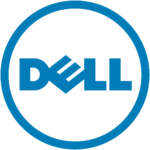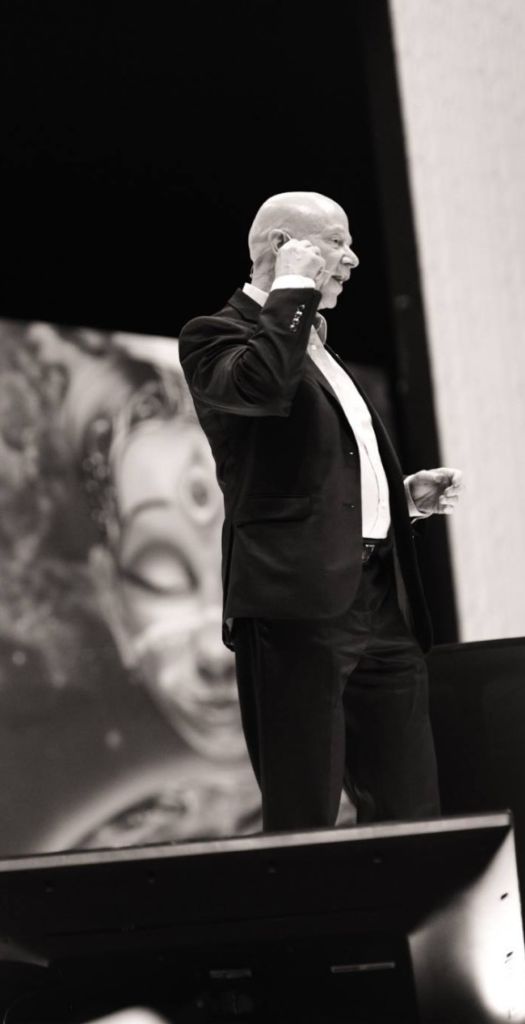What is your safe haven? What precautions do you have in place for that “Oh, my goodness” time where you need some protection?
Safe havens are needed in several areas of life. One is your home and the shelter you have in times of dangerous weather. In the Midwest, where I grew up, tornadoes were common, and it was normal to have a cellar or basement stocked with supplies for the family for a few days.
Financial planners advise their clients to have a safety fund for times of emergency. This would include a few months of living expenses, the proper types of insurance, some cash on hand in case ATMs are inoperable, and more.
I like a site called Organize-You.com that gives checklists and guides on essential documents and preparation steps to take for wills, health-related matters and more. Economist Mary Kelly, Ph.D., a professor at the United States Air Force Academy, has put together a valuable checklist that you will want to see.
People in countries like Venezuela, Cyprus, Poland, Argentina and others are vividly aware that their money in the bank is not completely safe. Those funds in the bank can be, and have been, confiscated by governments when a time of crisis comes.
You think it couldn’t happen in the USA? I remind you about Executive Order #6102, when President Franklin Delano Roosevelt made it illegal to own gold in the United States. Those who did not turn in their gold were arrested by the Secret Service. Yes, it can (and did) happen in the USA.
A safe haven
A popular safe haven today for many is cryptocurrencies related to blockchain. In countries like Venezuela, people are losing their currency (the Bolivar) to inflation. Many are using bitcoin and other cryptocurrencies to have a safe haven in times of food shortages, riots and destruction. Those who had savings in bitcoin were able to survive the “bail in” when banks confiscated their funds in Cyprus in 2013.
















